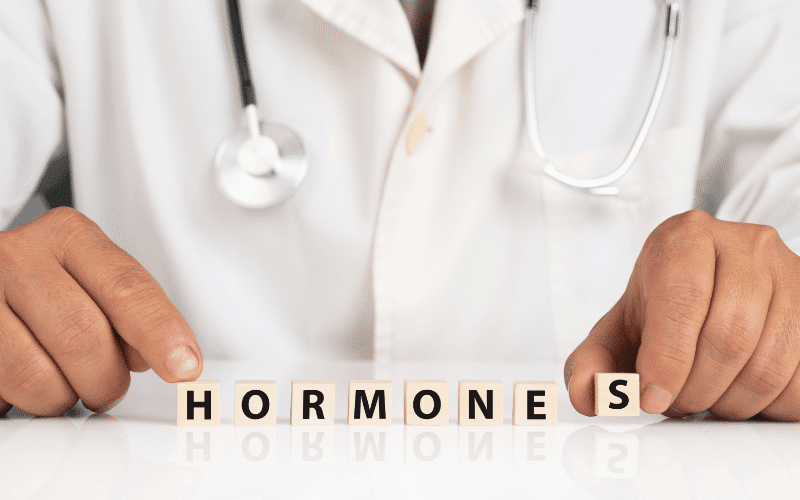Symptom 10. Hormonal Imbalances: A Complex Symptom of Fanconi Anemia

Hormonal Imbalances: A Lesser-Known but Significant Symptom
Hormonal imbalances are another lesser-known but significant symptom of Fanconi anemia. These imbalances can manifest in various ways, such as hypothyroidism, diabetes, or issues with sexual development and function. The exact cause of these hormonal imbalances in Fanconi anemia is not entirely clear but may be related to the body’s impaired DNA repair capabilities, which can affect the function of endocrine glands and hormonal regulation.
Impact on Growth, Development, and Reproduction
Hormonal imbalances in Fanconi anemia can have wide-ranging effects on an individual’s growth, development, and reproductive function. These issues can exacerbate other symptoms of the disorder, such as growth and developmental delays, and can contribute to additional health complications, such as infertility or osteoporosis.
Managing Hormonal Imbalances: Treatment and Monitoring
Treatment options for hormonal imbalances in Fanconi anemia may include hormone replacement therapy or other medications as prescribed by a healthcare professional. For example, individuals with hypothyroidism may require thyroid hormone replacement, while those with diabetes may need insulin therapy or other medications to manage their blood sugar levels.
It is crucial for individuals with Fanconi anemia to work closely with their healthcare team to monitor their hormone levels and ensure they receive appropriate treatment for any imbalances. Regular testing and medical evaluations can help identify and address hormonal issues before they lead to complications or worsen existing symptoms.
The Importance of Holistic Care and Support
Managing hormonal imbalances in Fanconi anemia underscores the importance of holistic care and support for affected individuals. In addition to medical treatments, lifestyle modifications, such as a balanced diet and regular exercise, can play a vital role in supporting hormonal balance and overall health. Furthermore, psychosocial support from mental health professionals, peer groups, or family members can help individuals cope with the emotional challenges associated with hormonal imbalances and their impact on daily life. (10)